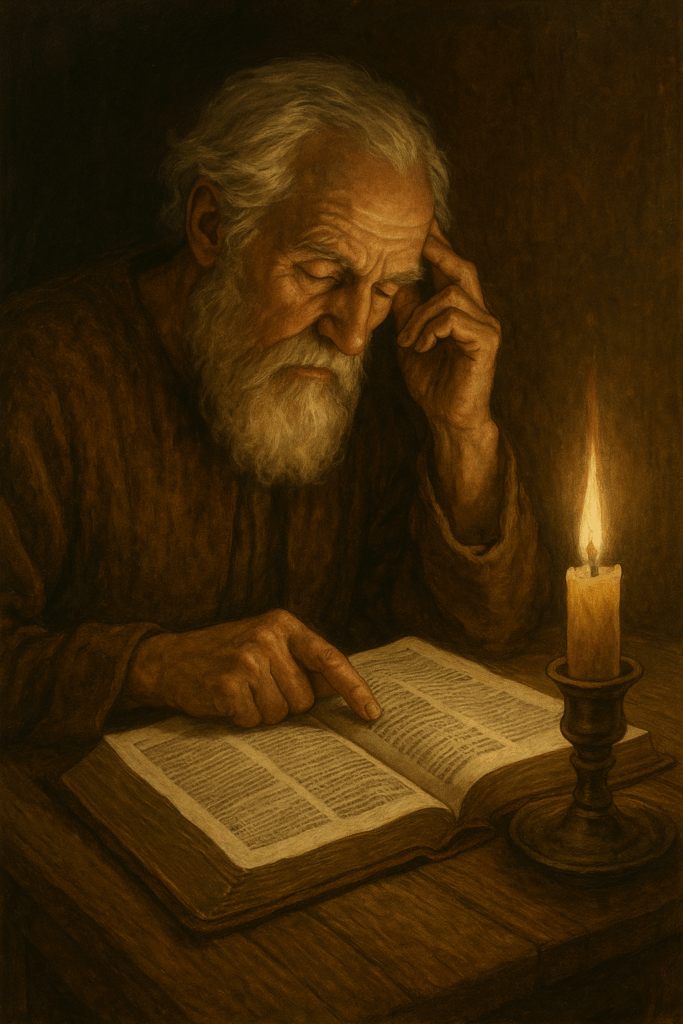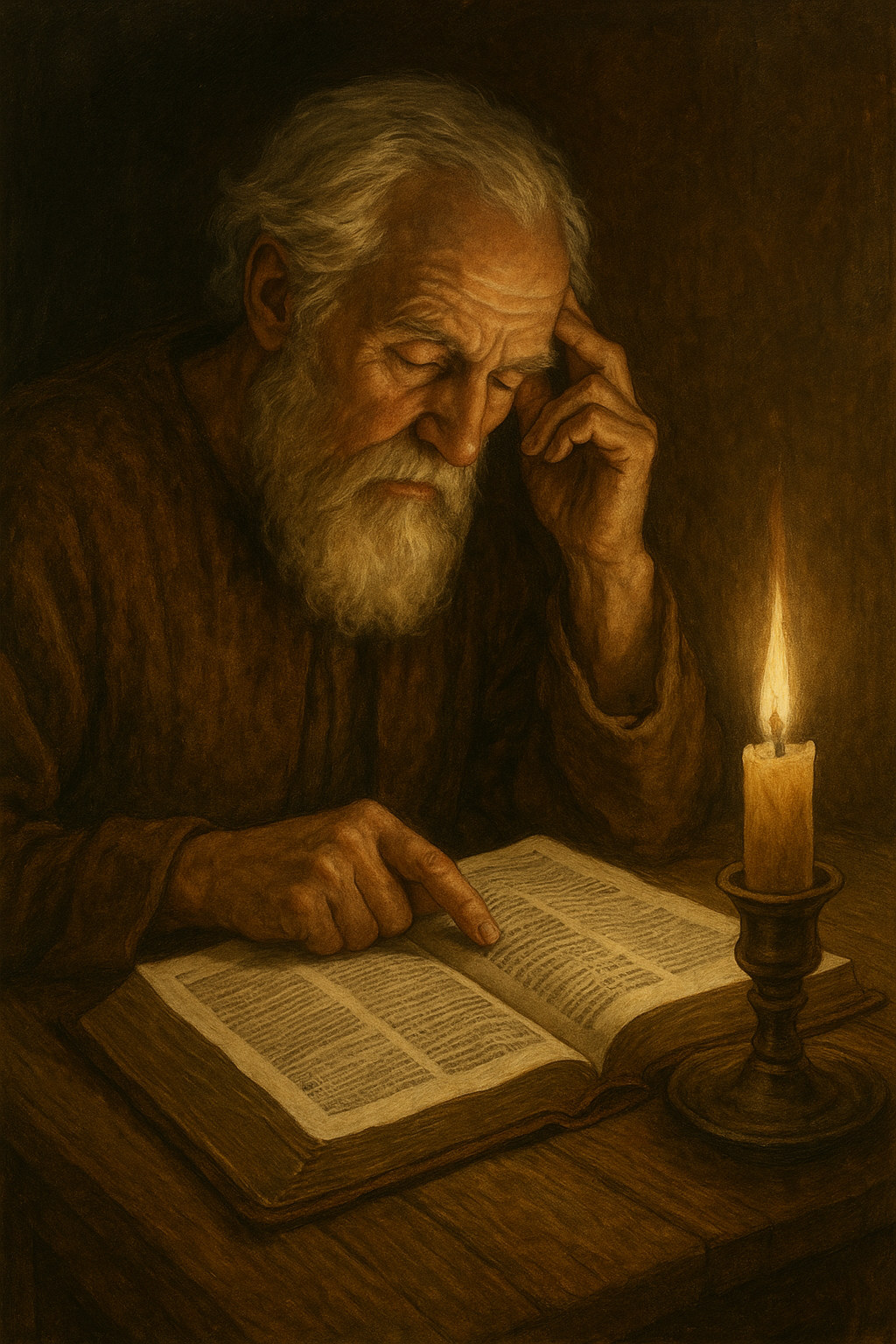People often ask: Why does God allow evil? Or even: Did God create evil?
Unfortunately, many expect a short and simple answer to these deep questions. And when they receive one, they’re rarely satisfied.
The short answer is:
Because He loves us so much that He gave us free will.
But most people don’t like that answer, and it’s not easy to grasp.
Let’s first clarify what we mean by “evil.”
Very often, we perceive something as evil simply because our expectations were not met.
But that’s not truly evil—it’s often a form of correction or discipline for us.
When we speak of war, violence, illness, and so on as evil, then we do agree on what “evil” is.
One of the best-known examples in the Bible is Job. He was righteous, faithful—and not even a descendant of Jacob. Yet God allowed Satan to harm him.
Why?
Because God knew Job was strong enough to endure it.
And God wanted to prove to Satan that the adversary was wrong.
When something similar happens in our own lives, we don’t see the bigger picture.
We only feel like everything is falling apart—even though we love God with all our hearts and follow our Lord.

God may also allow evil to purify us.
In the Old Testament, this is called refining.
In the New Testament, John the Baptist says:
“I indeed baptize you with water unto repentance:
but he that cometh after me is mightier than I,
whose shoes I am not worthy to bear:
he shall baptize you with the Holy Ghost, and with fire.”
(Matthew 3:11, Luther 1545)
So our painful experiences may be part of this baptism by fire.
Did God create evil? No.
Evil is the result of our free will.
Every choice we make carries the possibility of being the wrong one.
After creation, God saw that everything was perfect—there was nothing evil.
God didn’t want to create robots or machines. He created us out of love.
And where there is love, there is no compulsion.
Because He loves us, He gave us the freedom to choose.
And with that freedom, we decide between good and evil.
That’s why Moses dedicated an entire chapter to the consequences of our choices.
In Deuteronomy 28, the point is not punishment or reward.
The point is: we choose, and consequences follow.
Much like parents telling their child not to touch a hot stove.
They don’t want their child to get burned—but it’s a possible consequence.
And parents know that forbidding something doesn’t always work.
Sometimes, children have to learn through experience.
What if we make a wrong choice without meaning to?
If our decision was not intentional, God protects us from serious consequences.
He only asks for an honest and upright life.
If we trust Him, then He will make everything work out for our good.
But if we refuse to trust Him, He respects that, too.
He won’t force us to obey or believe.
This is the root cause of most of the evil we see in the world:
our own choices, made in freedom.
